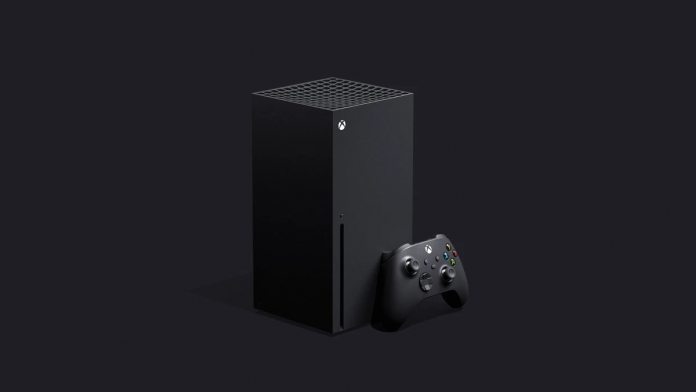At the end of the year during a product launch window that will include the Android Surface Duo and Windows 10X Surface Neo, Microsoft is also launching a new console. We know the Xbox Series X is coming and expect Microsoft to do a deep dive on the device at E3 2020 in June. In the meantime, the company will likely trickle information regarding the console to the media.
That’s what has happened today. Microsoft has offered some more details on the specs of the Xbox Series X. In a published post, the company confirmed some of the expectations around hardware.
Specifically, the Series X will have a CPU and GPU combo based on AMD’s Zen2 and RDNA 2 architecture. Highlighting how far console tech has come since the Xbox One launched in 2013, Microsoft says the new console will boast 12TFLOPS. That’s around eight times more GPU power than the OG Xbox One delivered.
Microsoft has also confirmed that it is placing a solid state drive (SSD) in the Xbox Series X, marking its first console departure from HDDs.
Elsewhere, the Series X will also have support for HDMI 2.1 and as we already knew, will allow 120fps gaming for the first time on console. Other notable specifications of the console include Auto Low Latency Mode and Variable Refresh Rate.
New Features
Another expected and now confirmed feature is support for ray tracing. Microsoft says the Series X will have support for hardware accelerated DirectX Raytracing. This is important because it will ensure games look more realistic.
On its blog, Microsoft also detailed a new feature called Quick Resume:
“The new Quick Resume feature lets you continue multiple games from a suspended state almost instantly, returning you to where you were and what you were doing, without waiting through long loading screens.”
Finally, compatibility will be a big part of the Xbox Series X experience and driven by a new tool called Smart Delivery. This feature allows users to buy a game and it will work across all consoles that come in the future. So far this is confirmed for Microsoft’s own games but third-party developers will also be able to leverage it if they choose.






